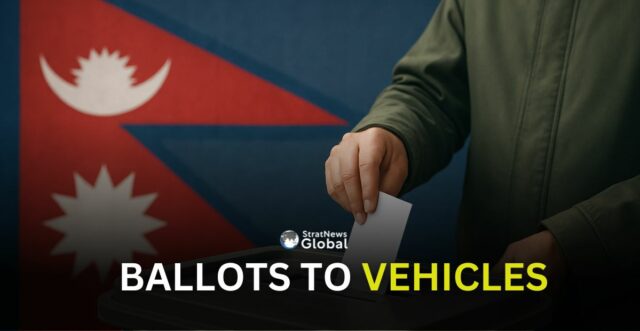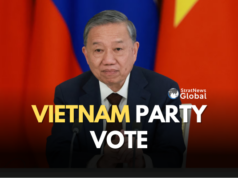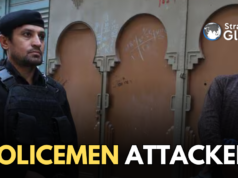With a little over two months to go for elections, key agencies of the Nepali government including the Election Commision and the police, have underscored major logistical deficits that need to be filled immediately. Required are vehicles of every kind to move ballot boxes, personnel and equipment over hilly terrain and in inhospitable conditions.
Nepal will be calling upon its immediate neighbours India and China to help and the Election Commission has confirmed that it has forwarded a detailed list of what it requires to the finance ministry.
According to a report in the Kathmandu Post, Acting Chief Election Commissioner Ram Prasad Bhandari emphasised “The commission has sent the list to the government to be handed over to the two countries through diplomatic channels.”
The paper said the International Economic Cooperation Division of the Finance Ministry will liase with external governments to take forward the requests. Earlier Prime Minister Sheila Karki said neighbours were pitching in with vehicles and financial assistance.
A report in Rising Nepal said “The Nepal Police remains the most affected since the GenZ protests … during which a significant portion of its vehicles and logistics were destroyed. The police now face a critical shortage of both vehicles and weapons for the upcoming elections and everyday security of the public.”
During the protests in September, demonstrators torched or vandalised more than 600 vehicles belonging to security agencies. Nepal Police alone lost over 500 vehicles, while the Armed Police Force saw dozens destroyed. With the Election Commission planning a single-phase vote on March 5, authorities say restoring transport and communication capacity is critical to maintaining peace and order.
India, which provided 200 vehicles for the 2022 elections, is expected to respond positively again. Chinese officials have also indicated their readiness to contribute.
To bridge the shortfall, the government has allocated funds to purchase 251 new vehicles — 175 for the Nepal Police, 70 for the Armed Police Force, and six for the National Intelligence Department. The Finance Ministry has approved Rs 1.27 billion (INR 75.11 cr) for the procurement.
In addition to this, the Election Commission has estimated a total budget of Rs 7.8 billion for the polls, most of which will go toward managing human resources. Security costs are expected to rise further as the government plans to recruit thousands of temporary police personnel to bolster forces during the election period.





